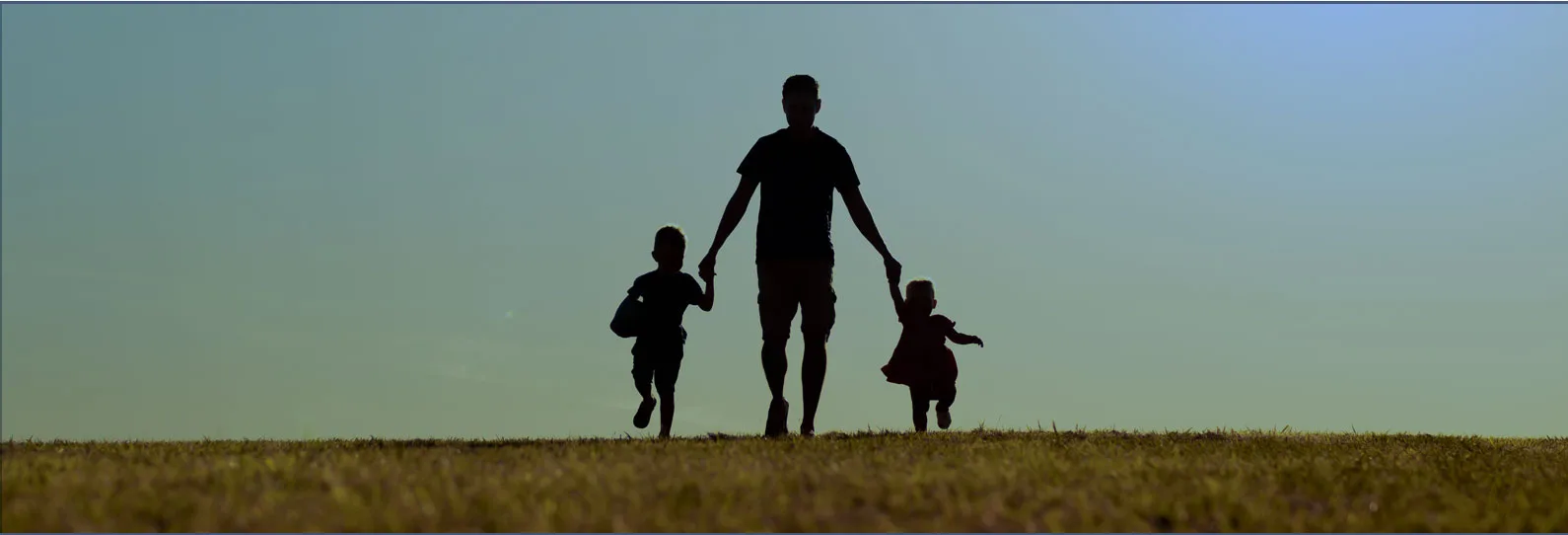Two and a half years ago, I received a call from my daughter. She came back into my life at the age of 17, after not seeing me from when she was 12. A week ago, my son called and asked if we could meet. It had been 10 years. He is 23.
With more than 50% of marriages ending in divorce, marriage is clearly not permanent. But (and to state the obvious), the choice to have children binds parents together not just for life, but afterwards, through the lives of their children. As my daughter said to me recently: “The two of you chose to have us.” Divorce does not alter this choice we made as partners. While parents may wish to start over, their children can’t.
Parenting post-divorce is difficult. Encouraging a relationship with the other parent goes against how you feel about this person, and why you divorced them in the first place. The more energy you put into the divorce, the greater the conflict, the more difficult it is to pivot, and to encourage a relationship between your ex and your children.
This linear relationship between the blood and toil of divorce and subsequent parenting is profoundly important – especially for the children (and this is about the children). A civilized, mediated end to a marriage allows for civilized, thoughtful co-parenting – and relatively healthy children. (Children are almost always hurt by divorce, but we can mitigate their loss of an intact family.) On the other hand, a divorce filled with hatred and accusations makes it difficult to turn to your children and encourage a relationship with your ex.
At the most extreme end of this spectrum, it becomes not only difficult to encourage a relationship, but imperative that there is none.
I know this from experience. When the files for my divorce were brought into the courtroom (no mediated divorce here), they weren’t carried, they were brought in on two wheeled carts – like an articulated truck or a train. Millions of dollars were spent trying to do what my daughter, at the age of 19, knows should never be done: To break not just the bond of marriage, but the bond of parenthood too.
But while the marriage knot can be untied, the chords that bind parents and children are resilient, they are anchored to our core.
My children have now returned to me, 10 years later. Ten years we cannot get back. Ten years of childhood unshared. Ten years of parent heartbreak, and child loss. We are processing. We are beyond happy to be together, sharing our lives, but we are trying to understand the why. Why did it happen? How did it happen? Who let it happen?
We have felt, firsthand, the consequence of unfettered divorce on family. At its worst, it makes a relationship between one parent and their children a risk for the other (as it did for us) – a risk that the truth will be revealed: That the conflict, the financial and emotional cost, was for nothing.
My son sat in front of me yesterday as we had lunch. The handsome face of a man that I knew only as a boy. I did the same with my daughter two years ago. Some emotion is too strong to describe, too strong to process – just too complicated. When I picked up my old Labrador from quarantine in England, where she’d been confined for 6 months, she was so over-joyed to see me she had to sleep. I feel like that.
As we continue to unpack our emotions and get to know each other as adults, I hope we can do something useful – to spread the word that the system needs brakes, and that children need parents.

